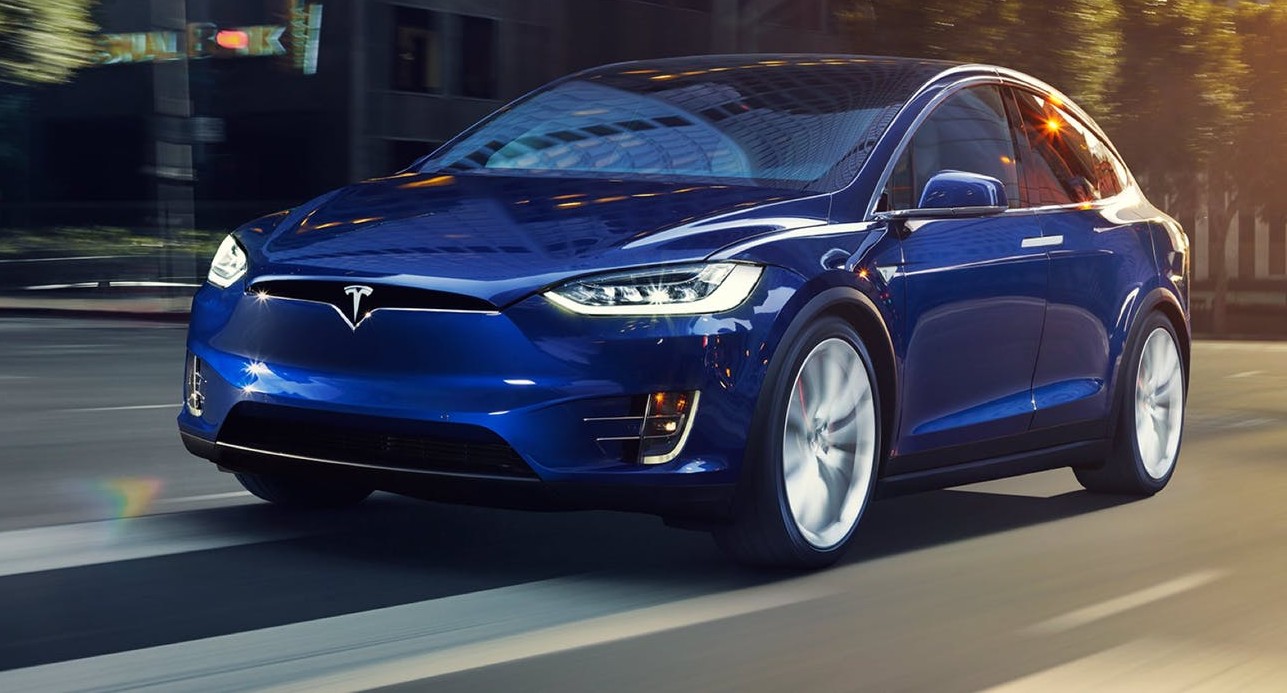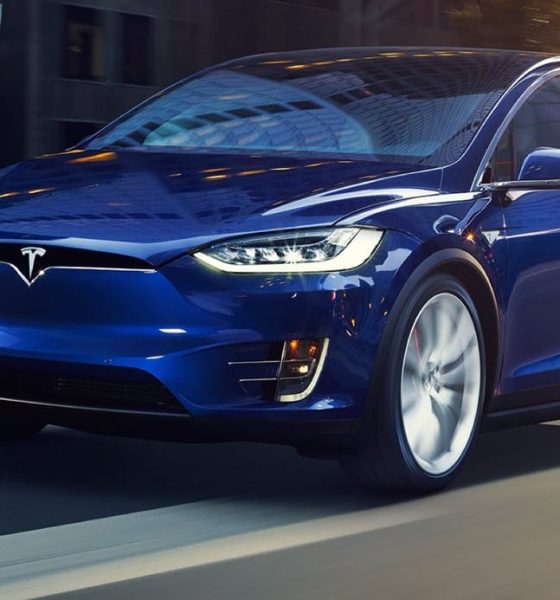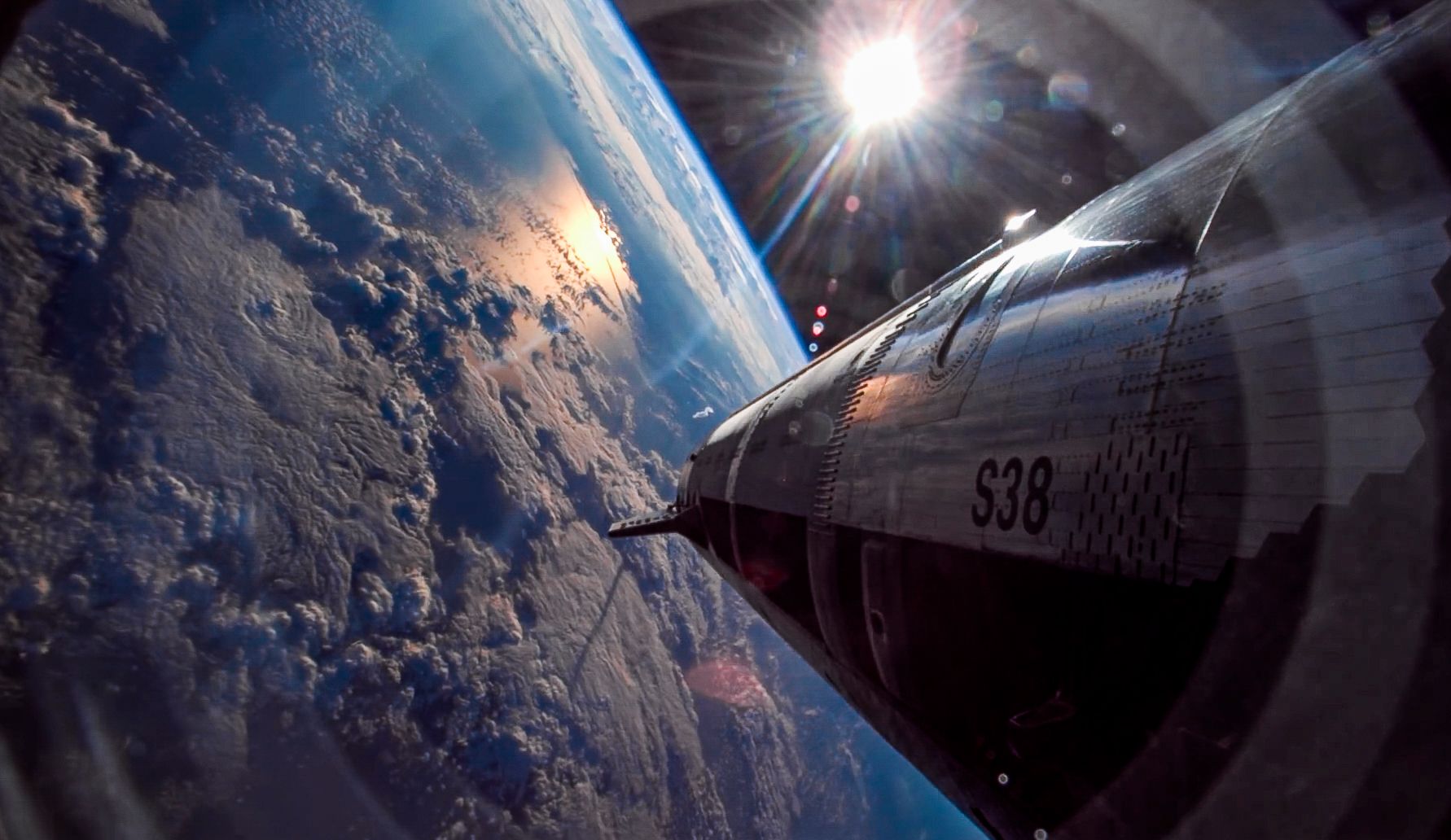

News
UK wants a quicker transition to EVs and will invest £1B to prove it
The United Kingdom is expected to supply the electric car industry with a £1 billion ($1.23 billion) boost in order to expedite the transition from petrol-powered to battery-powered vehicles.
The push is backed by Conservative politician Andrea Leadsom, the Secretary of State for Business, Energy and Industrial Strategy for the English Parliament, where she has been a member since 2010. Leadsom said that the auto industry’s “just in time” business model will need adjusting after Brexit, the scheduled withdrawal of the U.K. from the European Union takes full effect.
“The just in time supply networks are vital to the current operation of the automotive sector,” Leadsom said in an interview with the Financial Times.
The deadline for Brexit is currently scheduled for October 31, 2019. The deadline has been formally extended on two separate occasions and will be extended again if a deal is not in place by October 19.
While the £1B injection of funding into the electric transportation industry has not yet been set aside for any projects in particular, officials say that the money will be used to support things such as research and development. “Major investments in the manufacturing of batteries, electric motors, drives, power electronics, and hydrogen fuel cells,” will also receive some of the funding.
Leadsom recognizes that England would still need to import materials in order to create an effective industry with electric vehicles. “One of the interesting observations in preparing for Brexit is the incredible reliance on the short straits,” she said when talking about the Dover-Calais route that runs along the Dover Strait. This route allows for the transport of materials between Dover, England and Calais, France.
“The UK has many ports, we’re an island nation. It would be possible to establish very good just in time supply chains capability at other ports and using technology,” she added.
Electric vehicles as a whole are picking up steam in the UK and in Europe as a whole. While the Tesla Model 3 has become a top-selling car in the UK, there are many indicators that the entire continent is looking to transition to electric transportation.
In fact, many automakers, including Volkswagen and BMW, have begun the production of its own lithium-ion batteries that will be used in vehicles in the future. Britain has outlined plans to produce zero-emissions by 2050, but its annual Labour conference updated that goal to a far more aggressive 2030.

News
Tesla ends Full Self-Driving purchase option in the U.S.
In January, Musk announced that Tesla would remove the ability to purchase the suite outright for $8,000. This would give the vehicle Full Self-Driving for its entire lifespan, but Tesla intended to move away from it, for several reasons, one being that a tranche in the CEO’s pay package requires 10 million active subscriptions of FSD.

Tesla has officially ended the option to purchase the Full Self-Driving suite outright, a move that was announced for the United States market in January by CEO Elon Musk.
The driver assistance suite is now exclusively available in the U.S. as a subscription, which is currently priced at $99 per month.
Tesla moved away from the outright purchase option in an effort to move more people to the subscription program, but there are concerns over its current price and the potential for it to rise.
In January, Musk announced that Tesla would remove the ability to purchase the suite outright for $8,000. This would give the vehicle Full Self-Driving for its entire lifespan, but Tesla intended to move away from it, for several reasons, one being that a tranche in the CEO’s pay package requires 10 million active subscriptions of FSD.
Although Tesla moved back the deadline in other countries, it has now taken effect in the U.S. on Sunday morning. Tesla updated its website to reflect this:
🚨 Tesla has officially moved the outright purchase option for FSD on its website pic.twitter.com/RZt1oIevB3
— TESLARATI (@Teslarati) February 15, 2026
There are still some concerns regarding its price, as $99 per month is not where many consumers are hoping to see the subscription price stay.
Musk has said that as capabilities improve, the price will go up, but it seems unlikely that 10 million drivers will want to pay an extra $100 every month for the capability, even if it is extremely useful.
Instead, many owners and fans of the company are calling for Tesla to offer a different type of pricing platform. This includes a tiered-system that would let owners pick and choose the features they would want for varying prices, or even a daily, weekly, monthly, and annual pricing option, which would incentivize longer-term purchasing.
Although Musk and other Tesla are aware of FSD’s capabilities and state is is worth much more than its current price, there could be some merit in the idea of offering a price for Supervised FSD and another price for Unsupervised FSD when it becomes available.
Elon Musk
Musk bankers looking to trim xAI debt after SpaceX merger: report
xAI has built up $18 billion in debt over the past few years, with some of this being attributed to the purchase of social media platform Twitter (now X) and the creation of the AI development company. A new financing deal would help trim some of the financial burden that is currently present ahead of the plan to take SpaceX public sometime this year.

Elon Musk’s bankers are looking to trim the debt that xAI has taken on over the past few years, following the company’s merger with SpaceX, a new report from Bloomberg says.
xAI has built up $18 billion in debt over the past few years, with some of this being attributed to the purchase of social media platform Twitter (now X) and the creation of the AI development company. Bankers are trying to create some kind of financing plan that would trim “some of the heavy interest costs” that come with the debt.
The financing deal would help trim some of the financial burden that is currently present ahead of the plan to take SpaceX public sometime this year. Musk has essentially confirmed that SpaceX would be heading toward an IPO last month.
The report indicates that Morgan Stanley is expected to take the leading role in any financing plan, citing people familiar with the matter. Morgan Stanley, along with Goldman Sachs, Bank of America, and JPMorgan Chase & Co., are all expected to be in the lineup of banks leading SpaceX’s potential IPO.
Since Musk acquired X, he has also had what Bloomberg says is a “mixed track record with debt markets.” Since purchasing X a few years ago with a $12.5 billion financing package, X pays “tens of millions in interest payments every month.”
That debt is held by Bank of America, Barclays, Mitsubishi, UFJ Financial, BNP Paribas SA, Mizuho, and Société Générale SA.
X merged with xAI last March, which brought the valuation to $45 billion, including the debt.
SpaceX announced the merger with xAI earlier this month, a major move in Musk’s plan to alleviate Earth of necessary data centers and replace them with orbital options that will be lower cost:
“In the long term, space-based AI is obviously the only way to scale. To harness even a millionth of our Sun’s energy would require over a million times more energy than our civilization currently uses! The only logical solution, therefore, is to transport these resource-intensive efforts to a location with vast power and space. I mean, space is called “space” for a reason.”
The merger has many advantages, but one of the most crucial is that it positions the now-merged companies to fund broader goals, fueled by revenue from the Starlink expansion, potential IPO, and AI-driven applications that could accelerate the development of lunar bases.
News
Tesla pushes Full Self-Driving outright purchasing option back in one market
Tesla announced last month that it would eliminate the ability to purchase the Full Self-Driving software outright, instead opting for a subscription-only program, which will require users to pay monthly.

Tesla has pushed the opportunity to purchase the Full Self-Driving suite outright in one market: Australia.
The date remains February 14 in North America, but Tesla has pushed the date back to March 31, 2026, in Australia.
NEWS: Tesla is ending the option to buy FSD as a one-time outright purchase in Australia on March 31, 2026.
It still ends on Feb 14th in North America. https://t.co/qZBOztExVT pic.twitter.com/wmKRZPTf3r
— Sawyer Merritt (@SawyerMerritt) February 13, 2026
Tesla announced last month that it would eliminate the ability to purchase the Full Self-Driving software outright, instead opting for a subscription-only program, which will require users to pay monthly.
If you have already purchased the suite outright, you will not be required to subscribe once again, but once the outright purchase option is gone, drivers will be required to pay the monthly fee.
The reason for the adjustment is likely due to the short period of time the Full Self-Driving suite has been available in the country. In North America, it has been available for years.
Tesla hits major milestone with Full Self-Driving subscriptions
However, Tesla just launched it just last year in Australia.
Full Self-Driving is currently available in seven countries: the United States, Canada, China, Mexico, Australia, New Zealand, and South Korea.
The company has worked extensively for the past few years to launch the suite in Europe. It has not made it quite yet, but Tesla hopes to get it launched by the end of this year.
In North America, Tesla is only giving customers one more day to buy the suite outright before they will be committed to the subscription-based option for good.
The price is expected to go up as the capabilities improve, but there are no indications as to when Tesla will be doing that, nor what type of offering it plans to roll out for owners.








